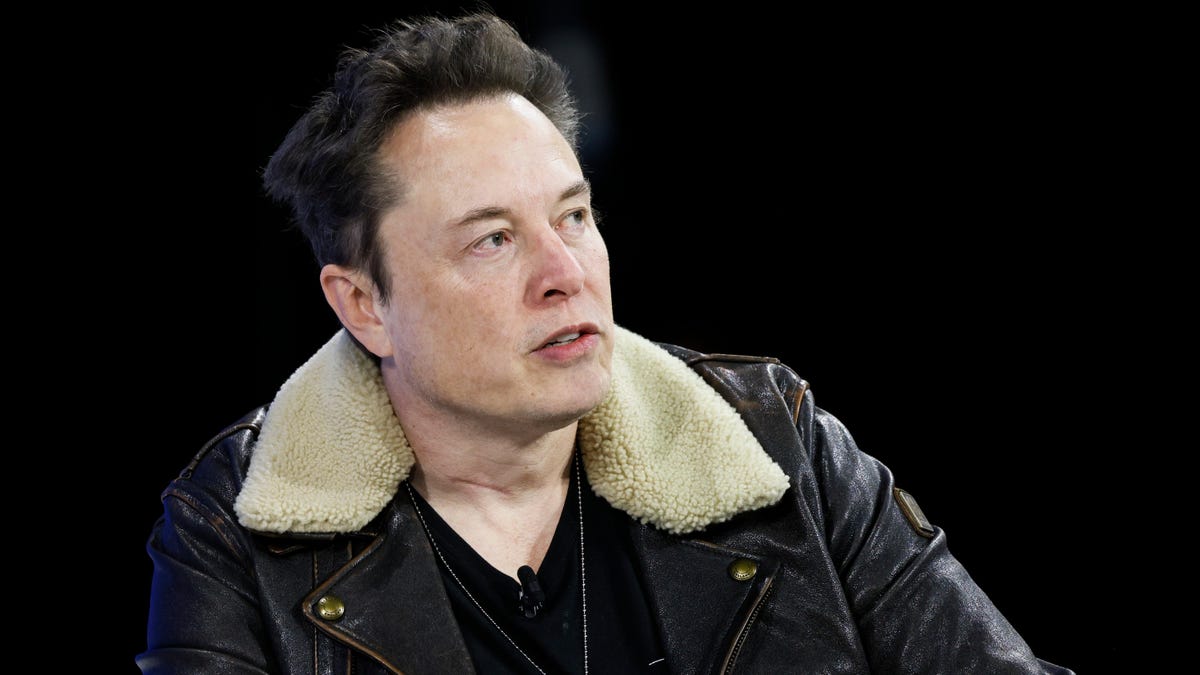
The first human implanted with a Neuralink brain chip can control a computer mouse with their thoughts, Elon Musk claimed in an X Spaces event Monday. The anonymous patient has recovered fully, according to Musk, after having a Neuralink chip implanted into their brain just a few weeks ago.
“Progress is good, patient seems to have made a full recovery … and is able to control the mouse, move the mouse around the screen just by thinking,” said Musk in a conversation on X Monday night.
Advertisement
Neuralink is working with the patient to get as many “button presses” as possible, purely by thinking, according to Musk. These include the patient moving a mouse around, clicking, and dragging a cursor solely with their brain. There is no evidence for these claims besides what Musk is announcing in brief snippets on X, so these claims should be taken with a grain of salt. However, if true, Neuralink’s advancements would be a major step forward for technology.
Advertisement
In late January, Musk announced that the first human patient had received a Nueralink implant via a tweet on X. The experimental surgery installs a microchip into the top layer of a person’s skull. Musk revealed little else about the identity of the initial patient.
Advertisement
Neuralink’s first product is called “Telepathy,” according to Musk, and it’s specifically designed for people who have lost the use of their limbs. The cursor movement described by Musk appears to be the very first progress on Neuralink’s Telepathy.
“Imagine if Stephen Hawking could communicate faster than a speed typist or auctioneer,” said Musk in a tweet. “That is the goal.”
Advertisement
Musk was criticized last week by The Hastings Center for his limited “two-sentence report” on a human test subject. Researchers noted that novel human research should not occur behind closed doors, and suggested Neuralink has failed to meet basic ethical standards.
“Opening up the brain of a living human being to insert a device, particularly someone with serious medical problems, deserves more than a two-sentence report on what is, in effect, a proprietary social media platform not distinguished for its reliability where facts are concerned,” the Center said.
Advertisement
The Hastings Center noted that Neuralink has not publicly shared what it plans to do if things go wrong, nor has the company shared the findings of its animal research that justified this experiment in the first place.
Despite the novelty of this human experiment from Musk and Neuralink, we still don’t know much. The company continues to only share bits of information through Musk’s X account, which is highly unusual for the scientific community but is par for the course from Musk.
Services Marketplace – Listings, Bookings & Reviews